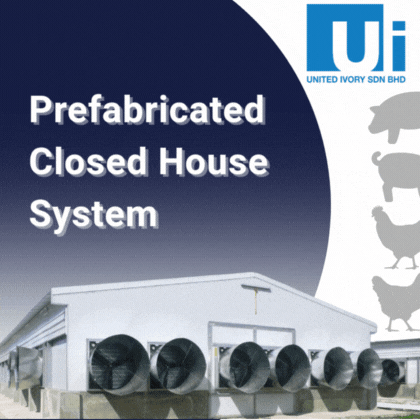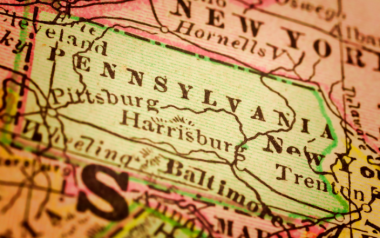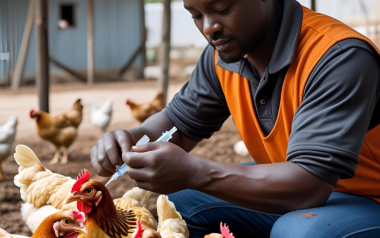14 May 2025
Illegal LPG use in Malaysian poultry farm raises safety, compliance concerns
Using LPG cylinders to provide heat for brooding chicks is not only a regulatory offense but also raises significant safety and animal welfare concerns.
The Malaysian Ministry of Domestic Trade and Cost of Living (KPDN) in Perak has seized 219 liquefied petroleum gas (LPG) cylinders during an enforcement operation targeting unauthorized use of controlled goods.
Conducted on May 6 under the nationwide ‘Ops Gasak 2025’ initiative, the operation uncovered a poultry farm using LPG cylinders to heat chicks without regulatory approval.
Enforcement action
Authorities conducted raids across Teluk Intan, Taiping, and Ipoh, confiscating both LPG cylinders and transport vehicles, with an estimated total value of USD 10,000.
The Ministry confirmed that the poultry facility lacked proper permits for the storage and use of LPG—violating Malaysia’s Control of Supplies Act 1961 and Control of Supplies Regulations 1974, which govern the distribution and management of controlled goods.
Beyond regulatory violations, improper use of LPG poses serious safety and animal welfare risks.
Mishandling or storing LPG in non-compliant facilities increases the chances of fire hazards, explosions, and toxic exposure—potentially endangering both farm workers and livestock, particularly in enclosed environments.
Safer alternatives
Experts in poultry farming advocate for dedicated brooding systems, such as electric brooders, infrared heaters, or thermostatically controlled radiant brooders, which are safer, more efficient, and better suited for maintaining optimal chick development.
These systems ensure even heat distribution, improved air quality, and compliance with agricultural safety standards—advantages that portable LPG tanks cannot guarantee.
The Ministry’s action underscores the importance of proper licensing, compliance with supply control regulations, and the need for modern, farm-appropriate technology in livestock management.
Authorities have reaffirmed their commitment to enforcing these standards to safeguard food production systems and ensuring long-term sustainability in Malaysia’s poultry sector.










































